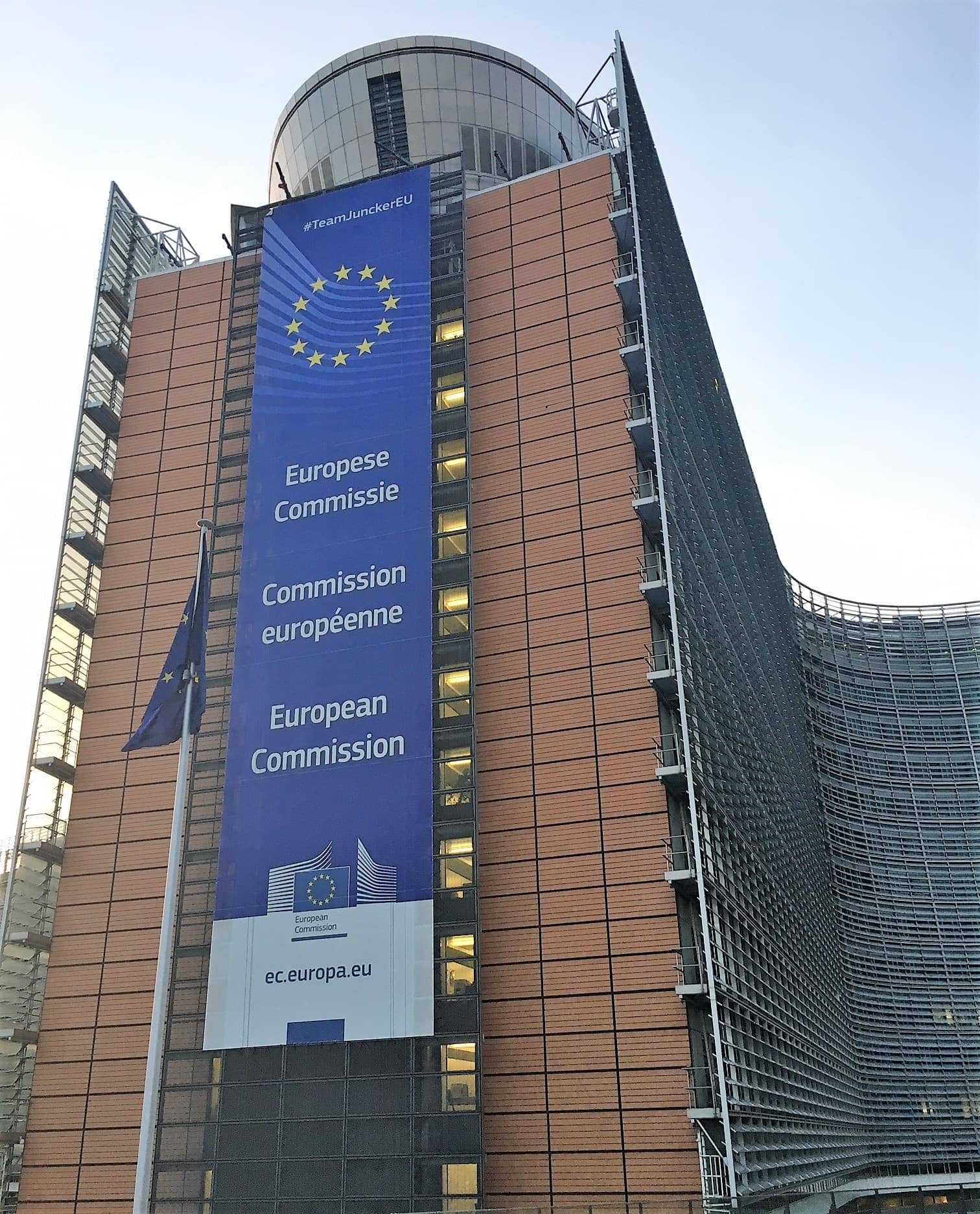- Home
- /
- NWAC advocates for gender equality and Indigenous rights at CETA forum in Brussels

Today in Brussels, NWAC participated in the first meeting of the joint Civil Society Forum under the Comprehensive Economic and Trade Agreement (CETA) – the Canada-European Union free trade agreement. This trade agreement presents an important opportunity for a shift toward sustainable development and climate action that will either further marginalize Indigenous women, or ensure they equally and fairly share in the benefits of a low-carbon, sustainable economy.
This meeting of civil society delegates from organizations throughout the EU and across Canada was convened to build dialogue on the sustainable development aspects of CETA. The constituent civil society organizations in attendance at today’s meeting represent a diverse range of sectors including labour, business, animal protection and nature conservation. NWAC’s participation focused on drawing attention to the disproportionate impacts trade can have on Indigenous women and to advocate for an interpretation of sustainable development that recognizes the importance of gender equality and respect for Indigenous rights.
Throughout the CSF meeting and in a discussion with Canada’s Ambassador to the EU, Daniel Costello, prior to the meeting, NWAC brought attention to the numerous international documents recognizing the international community’s commitments to sustainable development and the fact that all these documents refer to the importance of gender equity and Indigenous rights.
The International community has, through international declarations and common objectives, consistently recognized the important role of women and gender diversity as well as Indigenous rights, to the goals of sustainable development. The Rio Declaration on Environment and Development, Agenda 21 on Environment and Development, the Johannesburg Declaration on Sustainable Development, and the Plan of Implementation of the World Summit on Sustainable Development all recognize the importance of women and Indigenous peoples to sustainable development.
CETA contains chapters which compel the EU and Canada to promote trade that respects the environment and works toward the objectives of Sustainable Development. Such commitments, if respected, will create economic shifts toward renewable energy technologies in order to address climate change. Such a shift from fossil fuels to renewables will create demand for the minerals and metals needed for solar, wind and battery products. Canada has massive reserves and processing capacities for many of the resources needed for the shift to renewable energies, including 14 of the 19 minerals and metals required for the manufacturing of solar panels.
So, while the shift toward sustainable development and low-carbon energy will present a significant opportunity for Canada’s mining industry, the question remains what impact this shift will have on
Indigenous women.
Indigenous women tend to suffer the greatest negative effects of trade liberalization and industrial projects, such as mining, while simultaneously being excluded from the positive effects of trade and industrial activities. This must stop.
The commitments by Canada and the EU to work toward sustainable development demands recognition that Indigenous women have a unique and particular interest in these processes and outcomes. Canada’s domestic policies must be coherent with its international commitments to sustainable development, in both declarations and binding trade agreements, and this requires greater effort as to ensure that the environmental effects of CETA are positive and that the socio-economic opportunities that result from the agreement are shared equally and fairly with Indigenous women.
For information, or to arrange an interview, contact:
communications@nwac.ca
343-996-4565
Pour obtenir plus d’information ou prendre des dispositions pour une interview, contacter:
communications@nwac.ca
343-996-4565